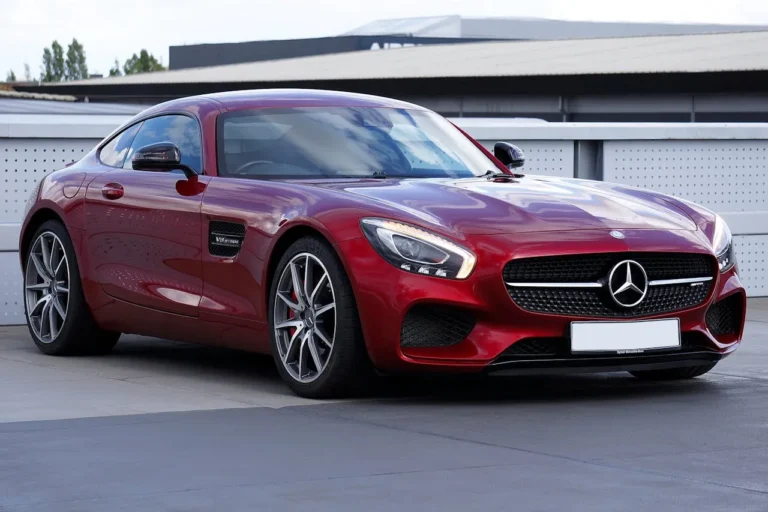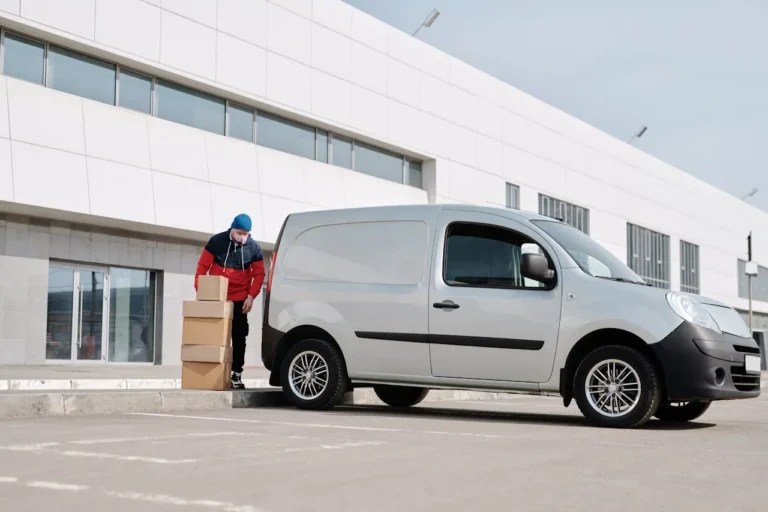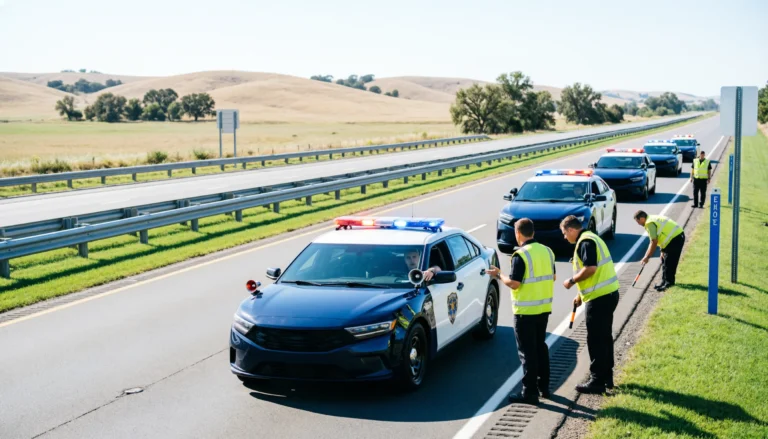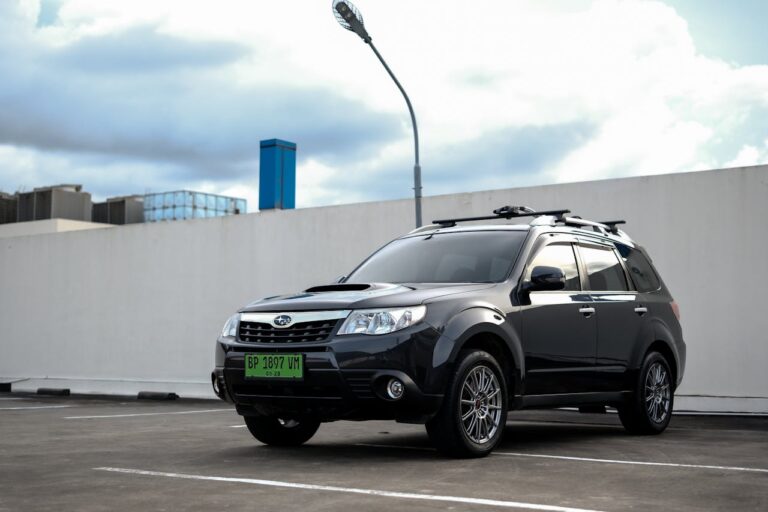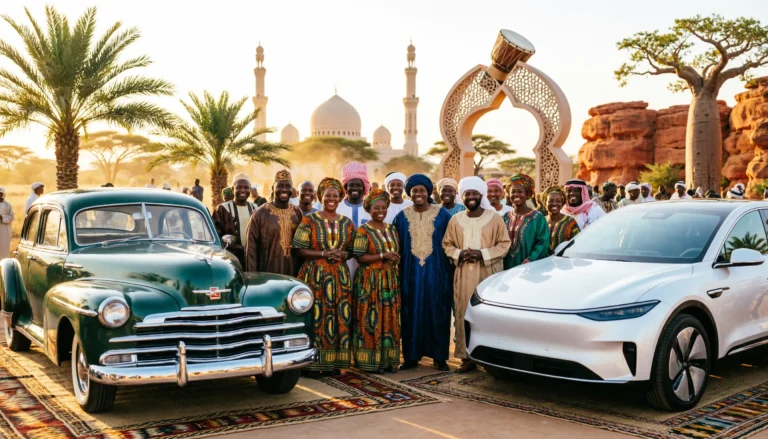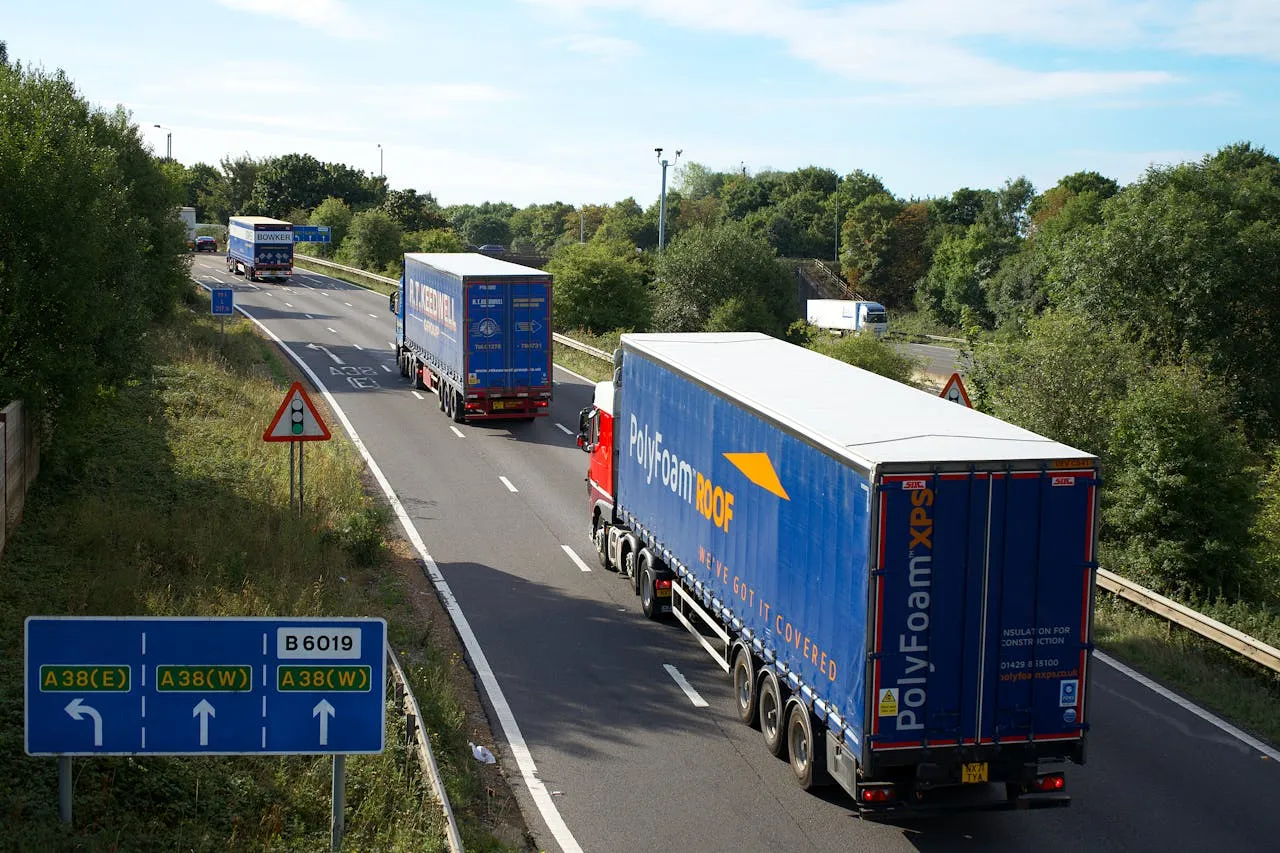
Aurora Expands Driverless Trucking Network Across Texas, Launches New Fort Worth–El Paso Route as Company Surpasses 100,000 Autonomous Miles
Aurora Innovation, Inc. (NASDAQ: AUR), a leader in autonomous freight transportation, announced a major milestone in its commercial rollout — the expansion of its driverless trucking operations to a new 600-mile lane connecting Fort Worth and El Paso, Texas. The new corridor, launched just six months after the company’s inaugural Dallas-to-Houston route, represents one of the fastest expansions in the U.S. self-driving industry.
This development reinforces Aurora’s growing dominance in the autonomous freight sector as it surpasses 100,000 driverless miles on public roads and prepares to deploy hundreds of driverless trucks equipped with next-generation hardware in 2026.
“Six months out from launch, we’re achieving more industry-firsts, expanding quickly, and paving the way to deploy hundreds of trucks next year,” said Chris Urmson, Co-founder and CEO of Aurora. “Expanding to El Paso, notching over 100,000 driverless miles, and integrating our new hardware with multiple truck platforms extends our strong lead.”
Rapid Expansion and Industry Leadership
Aurora’s decision to extend operations to El Paso reflects its deliberate, scalable approach to commercializing self-driving freight technology. The Fort Worth–El Paso route is not only a key logistics corridor for long-haul freight carriers but also one of the most demanding — spanning roughly 600 miles and typically requiring more than ten hours of driving time for human operators.
By deploying the Aurora Driver on this route, the company is addressing a long-standing industry challenge: a shortage of qualified long-haul drivers and the operational inefficiencies caused by federally mandated driving-hour limits. With Aurora’s autonomous system, freight can move 24 hours a day, seven days a week, providing carriers with consistent delivery times and maximizing truck utilization.
Early customers on the El Paso route include Hirschbach Motor Lines, one of Aurora’s pilot partners and an early adopter of the Aurora Driver, along with Russell Transport and other logistics providers. These collaborations demonstrate the commercial viability and growing demand for fully driverless freight operations.
Aurora currently operates five driverless trucks that run continuously, transporting customer freight while maintaining what the company describes as a perfect safety and on-time delivery record — a benchmark achievement in the autonomous trucking space.
Crossing 100,000 Driverless Miles: A New Industry Standard
Surpassing 100,000 driverless miles marks a defining achievement for Aurora and underscores the maturity of its autonomous technology. Each mile logged represents fully driverless operation — with no human safety driver behind the wheel, monitored remotely through Aurora’s command center to ensure compliance, situational awareness, and system performance.
This achievement reflects the culmination of rigorous safety validation and over a decade of research, testing, and simulation work. Aurora’s consistent performance builds confidence among regulators, carriers, and shippers that autonomous freight can achieve commercial-grade reliability without compromising road safety.
By maintaining flawless safety and on-time performance metrics, Aurora continues to differentiate itself from competitors and demonstrate that its safety-first deployment model can scale responsibly while delivering measurable business value.
Next-Generation Hardware: Driving Efficiency and Scale in 2026
In conjunction with its operational expansion, Aurora also revealed details about its next-generation hardware platform, purpose-built to support high-volume commercial deployment.
The new system is engineered to cut overall costs by half compared to the current generation, while simultaneously increasing performance, durability, and environmental resilience. Key features include:
- Enhanced Reliability: Built to operate for more than 1 million miles before requiring significant service, ensuring extended uptime for fleet customers.
- Longer Sensing Range: The latest FirstLight Lidar can detect objects up to 1,000 meters away, doubling the detection distance of the prior version.
- Improved All-Weather Performance: Upgraded sensor cleaning and heating systems allow the Aurora Driver to function reliably in rain, dust, and low-visibility conditions, expanding its operational domain.
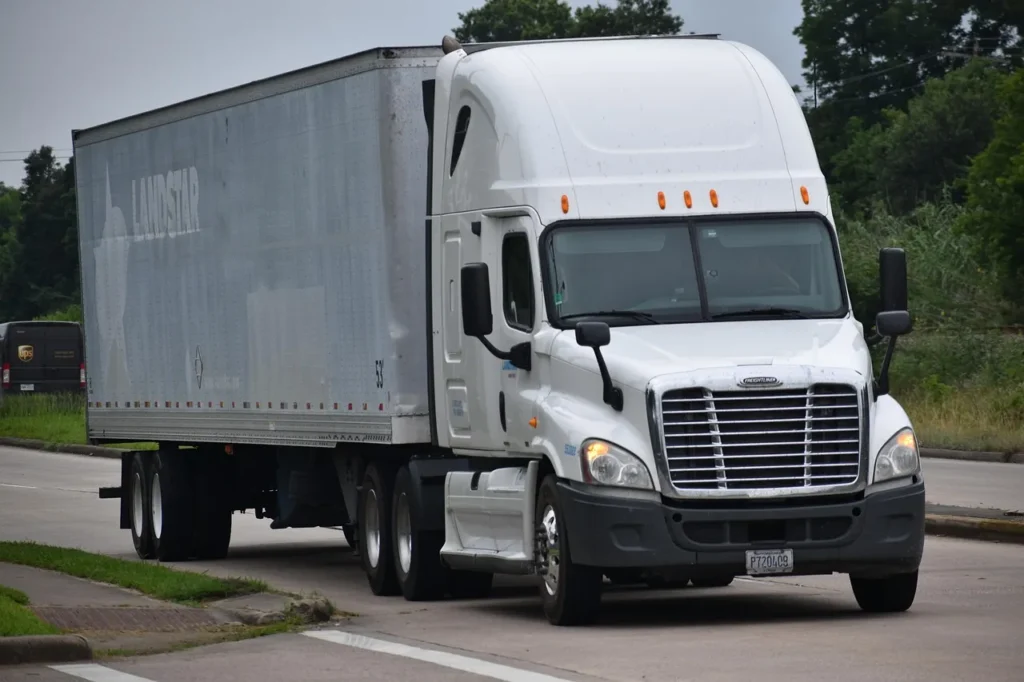
The hardware is currently being Trucking manufactured by Fabrinet, a trusted partner in precision optical and electronic assembly. Looking ahead, Aurora is co-developing a highly scalable hardware platform with AUMOVIO (formerly Continental), scheduled for mass production in 2027. That collaboration is expected to enable the deployment of tens of thousands of autonomous trucks, paving the way for large-scale commercialization across North America.
Seamless Platform Integration: Multi-OEM Strategy
A cornerstone of Aurora’s growth strategy is its platform-agnostic architecture — a common core software and sensor suite that can integrate across multiple OEM truck models. This flexible approach allows Aurora to rapidly scale production and meet diverse customer requirements.
Currently, Aurora’s new hardware is being integrated with two major OEM platforms:
- Volvo VNL Autonomous: Integration is underway at Volvo’s New River Valley manufacturing plant, where Aurora’s hardware and software stack are being embedded directly on the assembly line.
- International® LT® Series (Class 8): A new fleet of International LT trucks is being outfitted with Aurora’s next-generation system at the company’s Pittsburgh hardware facilities, marking the next phase of fleet expansion.
“The integration of Aurora’s next-generation hardware with the Volvo VNL Autonomous on the pilot line at our New River Valley facility marks an industry-first Trucking partnership and highlights the meaningful progress we are making together,” said Nils Jaeger, President of Volvo Autonomous Solutions. “By manufacturing trucks purpose-built for autonomy, we’re moving beyond prototypes and creating scalable solutions ready to meet the demands of a modern supply chain.”
Meanwhile, PACCAR continues to test its autonomy-enabled truck platforms within its own facilities. Aurora plans to integrate PACCAR’s vehicles with its scalable AUMOVIO-developed hardware in the coming years, expanding the company’s OEM ecosystem and ensuring cross-platform consistency.
Expanding Capacity to Meet Customer Demand
Aurora’s growing customer base is driving the need for increased driverless capacity. The addition of the International LT Series Trucking vehicles plays a key role in enabling larger, more flexible operations by 2026.
Testing for these vehicles has already begun at Aurora’s closed-course test track, where the trucks are undergoing validation to complete their safety case — a structured, evidence-based demonstration that the system performs safely under all intended conditions. Once the Trucking safety case is completed, Aurora plans to haul commercial freight without a partner-requested observer starting in Q2 2026.
Demand from logistics partners is already strong. Aurora reports that several customers have expressed early interest in securing driverless capacity once the expanded fleet becomes operational.
As an early adopter, we embrace the opportunity to help define the future of freight technology,” said Richard Stocking, President and CEO of Hirschbach Motor Lines. “Integrating an additional fleet strengthens our driverless capacity — a vital advancement in ensuring we meet customer demand and deliver operational excellence.”
With the expansion of both routes and vehicle capacity, Aurora is laying the groundwork for a multi-lane autonomous freight network across Texas — a key logistics hub connecting major U.S. Trucking distribution centers and trade corridors with Mexico.
Commitment to Safety, Scalability, and Sustainable Growth
Aurora’s latest expansion aligns with its long-term vision to create a safe, efficient, and scalable driverless freight ecosystem. Each phase of its rollout — from safety validation and pilot programs to customer integration and full autonomy — has been executed through a disciplined, data-driven framework.
This measured approach not only builds trust with regulators and partners but also ensures that Aurora’s technology scales sustainably, without compromising safety or reliability. The company’s consistent performance metrics and strong collaboration with Trucking OEMs and logistics providers are helping transform the perception of autonomous trucking from experimental to essential.
Financial Performance and Outlook
Alongside its operational updates, Aurora Trucking announced its third-quarter 2025 financial results, highlighting continued progress toward commercial deployment and long-term profitability.
The company’s shareholder letter and detailed financial statements are available on its Investor Relations website (ir.aurora.tech). Aurora’s leadership team will host a business review conference call on October 28, 2025, at 5:00 p.m. ET, where executives will discuss quarterly Trucking performance, technology milestones, and strategic priorities. The call will be webcast live, and a replay will be available for 30 days following the event.
The Road to 2026 and Beyond
With its expanding network, new hardware platform, and growing roster of OEM and carrier partners, Aurora is accelerating toward large-scale commercial deployment in 2026.
The company’s progress over just six months — from launching its first driverless route to adding a second and surpassing 100,000 driverless miles — highlights both Trucking technological maturity and strong operational execution. By next year, Aurora aims to transition from limited commercial pilots to full-scale freight operations across multiple high-demand corridors, positioning itself at the forefront of the autonomous logistics revolution.
As Urmson summarized, Aurora’s achievements are Trucking more than milestones — they represent the steady realization of a vision that is reshaping the future of freight:
Our focus remains clear — safely scaling autonomous trucking to meet customer needs and deliver efficiency to the supply chain. Each expansion brings us closer to that future.”
Source Link: https://www.businesswire.com/


